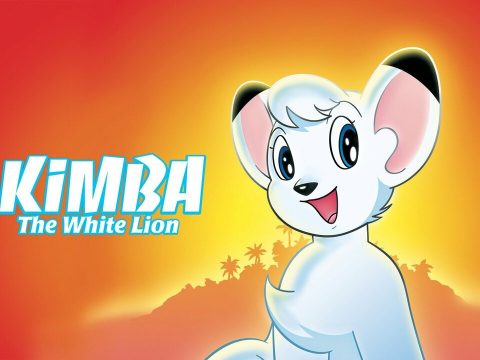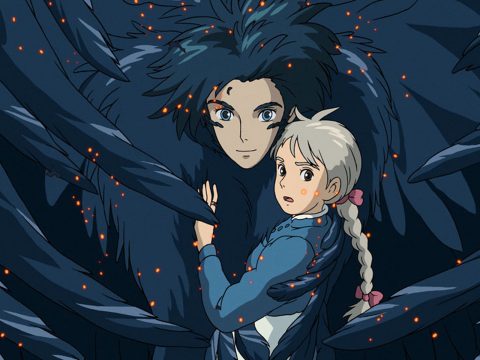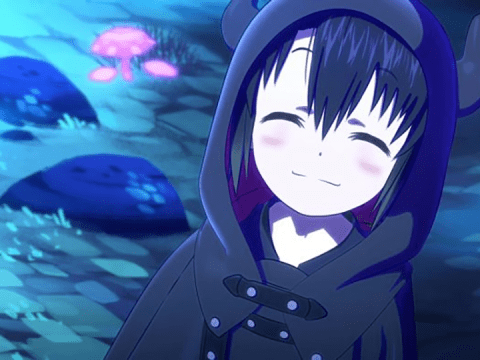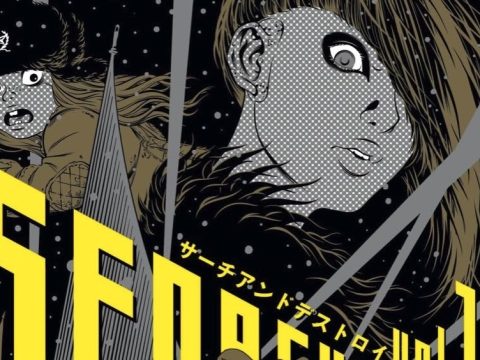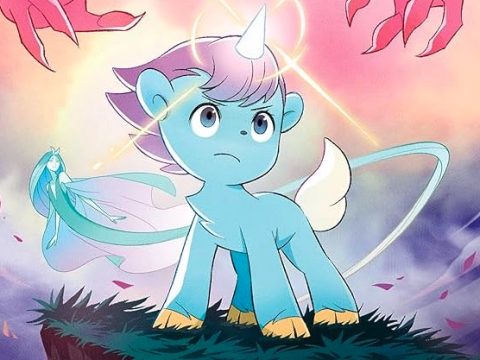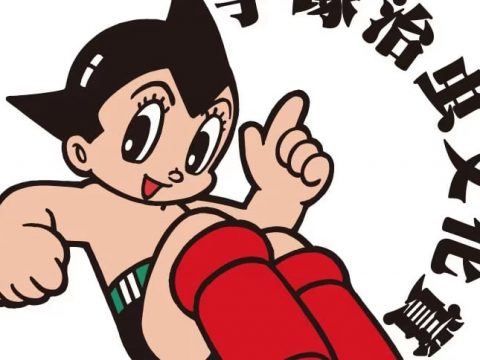 If The Book of Human Insects happened to be a manga by Hideshi Hino or Kazuo Umezu, one might find the title more indicative of the book’s contents on a surface level. Instead we’re treated to another layered story by the master, Osamu Tezuka, and this one is a real doozy.
If The Book of Human Insects happened to be a manga by Hideshi Hino or Kazuo Umezu, one might find the title more indicative of the book’s contents on a surface level. Instead we’re treated to another layered story by the master, Osamu Tezuka, and this one is a real doozy.
To describe the centerpiece of Tezuka’s tale, Toshiko Tomura, as “enigmatic” would be an understatement. When we enter the story she’s accepting the prestigious Akutagawa award for her story, “The Book of Human Insects”… only the work isn’t hers. The writer she beat to the punch commits suicide while Tomura receives honors, and the media and public remain none the wiser to her scheme.
Part of the reason Tomura gets so many accolades for her writing is because it’s seen as somewhat of a staggering metamorphosis. She was already an accomplished actress who rose to the top of her theatrical company. Then she was a designer, taking home the New York Design Academy Award. Truly a woman of talent, but beneath this stunningly crafted artifice lies a creature with an almost inhuman ability to drain, and ultimately adapt to, the lives and skills of others.
Throughout the tale we see this devious woman in action—both doing what she does best and via voyeuristic peeks at her more intimate side—as she tangles with men from her past and attempts to manipulate those unfortunate enough to enter her life. The Book of Human Insects is a grand display of Tezuka’s ability to simultaneously play with narrative devices and the emotions of his readers. Regarding the latter, the book’s first third or so stirred in me a fiery hatred for Toshiko Tomura. It’s not often I absolutely loathe a character in comics, but in this case there was no question about how I felt. I hated the things she was doing; the way she lived her life as a leech of raw ability and talent.
That in itself may be a talent, but it’s not enough to get the reader firmly in Tomura’s camp. That moment may never truly come, but my perception of her made a profound shift as the story progressed, and I eventually came to pity her in many ways. Part of this has to do with the way Tezuka shows her through so many different mirrors; through different relationships and different times, and, most importantly, in the heavily shadowed corner of her bizarre private life away from the spotlight.
Tezuka plays with viewpoints—at first toying with the angle of a journalistic investigation into Tomura’s past—only to subvert expectations of the type of story being told. Originally serialized in in Akita Shoten’s Play Comic from 1970-1971, the art and composition within are on par with the deft storytelling at hand. This is some of the finest Tezuka to come out of a publisher known above all others as one that deals in the finest Tezuka. Like MW and Ode to Kirihito before it, The Book of Human Insects will challenge whatever preconceived notions you have about Osamu Tezuka. It’s sexy, dark, and ultimately kind of tragic.
Publisher: Vertical Inc.
Story & Art: Osamu Tezuka
© 2011 by Tezuka Productions


